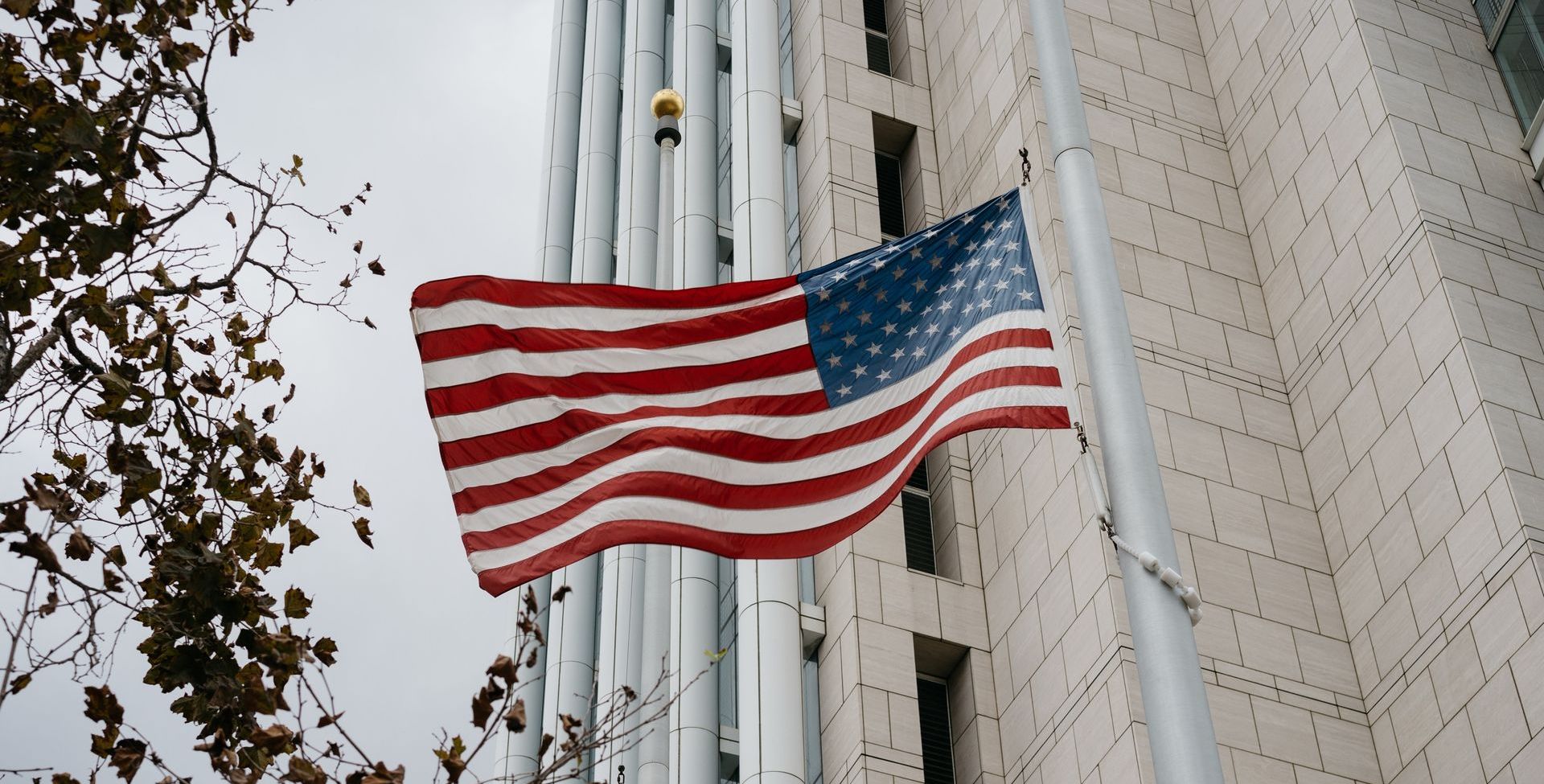L'épreuve de force de la fermeture: La menace qui pèse sur les services d'immigration dans un contexte de conflits budgétaires
Click here to read this article in English
Les services de citoyenneté et d'immigration des États-Unis (USCIS)
Les services de citoyenneté et d'immigration des États-Unis (USCIS) fonctionnent principalement grâce aux droits perçus plutôt qu'au financement du gouvernement. Les bureaux de l'USCIS sont généralement restés ouverts lors des fermetures précédentes, mais il faut s'attendre à un ralentissement des opérations et à des goulets d'étranglement dans le traitement des dossiers.
Ce ralentissement est dû à la réduction des effectifs, principalement lorsque les décideurs de l'USCIS dépendent d'autres fonctions gouvernementales pour prendre des décisions. Bien que l'USCIS ne dépende pas fortement du financement du gouvernement, l'interconnexion des différentes agences peut indirectement affecter son efficacité pendant les fermetures du gouvernement, conduisant à des retards potentiels dans les services et les décisions liés à l'immigration.
En ce qui concerne l'impact direct de l'immigration sur le gouvernement fédéral, il convient de noter la structure de financement et les effets potentiels de la fermeture du gouvernement sur certaines agences gouvernementales américaines et leurs fonctions liées à l'immigration.
Département d'État (DOS)
Le département d'État américain, qui joue un rôle essentiel dans la gestion des demandes de visa et des services aux citoyens américains, est financé par les droits de demande de visa et les frais connexes. Ce modèle de financement a historiquement permis au département de maintenir des services essentiels, y compris le traitement des visas pour les citoyens et les immigrants.
Toutefois, en cas de fermeture prolongée du gouvernement, les services non urgents pourraient être affectés, ce qui pourrait entraîner la suspension de diverses fonctions liées aux visas. Cela se traduirait par la non-délivrance de visas d'affaires et d'emploi et par l'annulation ou la reprogrammation potentielle de rendez-vous pour des demandes de visa en attente.
Département du travail (DOL)
En revanche, le ministère américain du travail (DOL) est confronté à des défis plus importants en cas de fermeture du gouvernement. Contrairement aux agences génératrices de redevances, le DOL dépend fortement du financement public. Par conséquent, les fermetures passées ont eu un impact significatif sur les fonctions du DOL liées à l'immigration.
Cette perturbation a été particulièrement évidente pour les demandes de conditions de travail (LCA), les demandes de certification de travail PERM et les demandes de salaires prédominants. Pendant les fermetures, ces fonctions ont généralement été suspendues, accumulant des retards et prolongeant les délais de traitement, même après la reprise des activités gouvernementales.
Ces modèles de financement distincts et les tendances historiques mettent en évidence les différentes vulnérabilités des agences en ce qui concerne les services liés à l'immigration pendant les fermetures de gouvernement. Ils soulignent l'importance des considérations budgétaires et des plans d'urgence pour assurer la continuité des fonctions essentielles en matière d'immigration, en particulier lorsque les modèles de financement basés sur les frais peuvent offrir une certaine résilience, mais ne sont pas à l'abri des perturbations causées par des fermetures de gouvernement prolongées.
L'incapacité à traiter les LCAs aurait une incidence directe sur la capacité des employeurs à traiter les demandes H-1B, H-1B1 et E-3. En outre, en cas de fermeture du gouvernement, il est très probable que E-Verify, le système utilisé par les employeurs pour confirmer l'éligibilité à l'emploi, ne sera pas opérationnel.
Par conséquent, les employeurs pourront commencer, traiter ou respecter les délais nécessaires dans le cadre du système une fois qu'il aura été rétabli après la reprise des activités du gouvernement. Il est essentiel de souligner que les employeurs seront toujours tenus de procéder à des vérifications I-9 sans aucune exemption ou exception, même sans la fonctionnalité E-Verify.
En résumé, la fermeture du gouvernement américain risque d'allonger les délais de traitement de diverses affaires liées à l'immigration. Les principales répercussions, en particulier pour les employeurs américains qui embauchent des travailleurs étrangers, sont les suivantes :
- L'incapacité des employeurs à obtenir des LCAs approuvés pour les demandes H-1B, H-1B1 et E-3.
- L'incapacité du ministère du travail à traiter les demandes de certification de travail PERM et à déterminer les salaires en vigueur.
- L'entrave potentielle pour les personnes cherchant à demander des visas d'affaires et de travail pour entrer aux États-Unis.
Comme indiqué précédemment, une fermeture n'est pas le scénario le plus probable, mais compte tenu de la situation actuelle des immigrants, il s'agit probablement d'une option qui sera mise en œuvre. Nous serons les premiers à vous informer de toute évolution de la situation.
Ce blog n'est pas destiné à fournir des conseils juridiques et rien ici ne doit être interprété comme établissant une relation avocat-client. Veuillez prendre rendez-vous avec un avocat spécialisé en droit de l'immigration avant d'agir sur la base de toute information lue ici.






